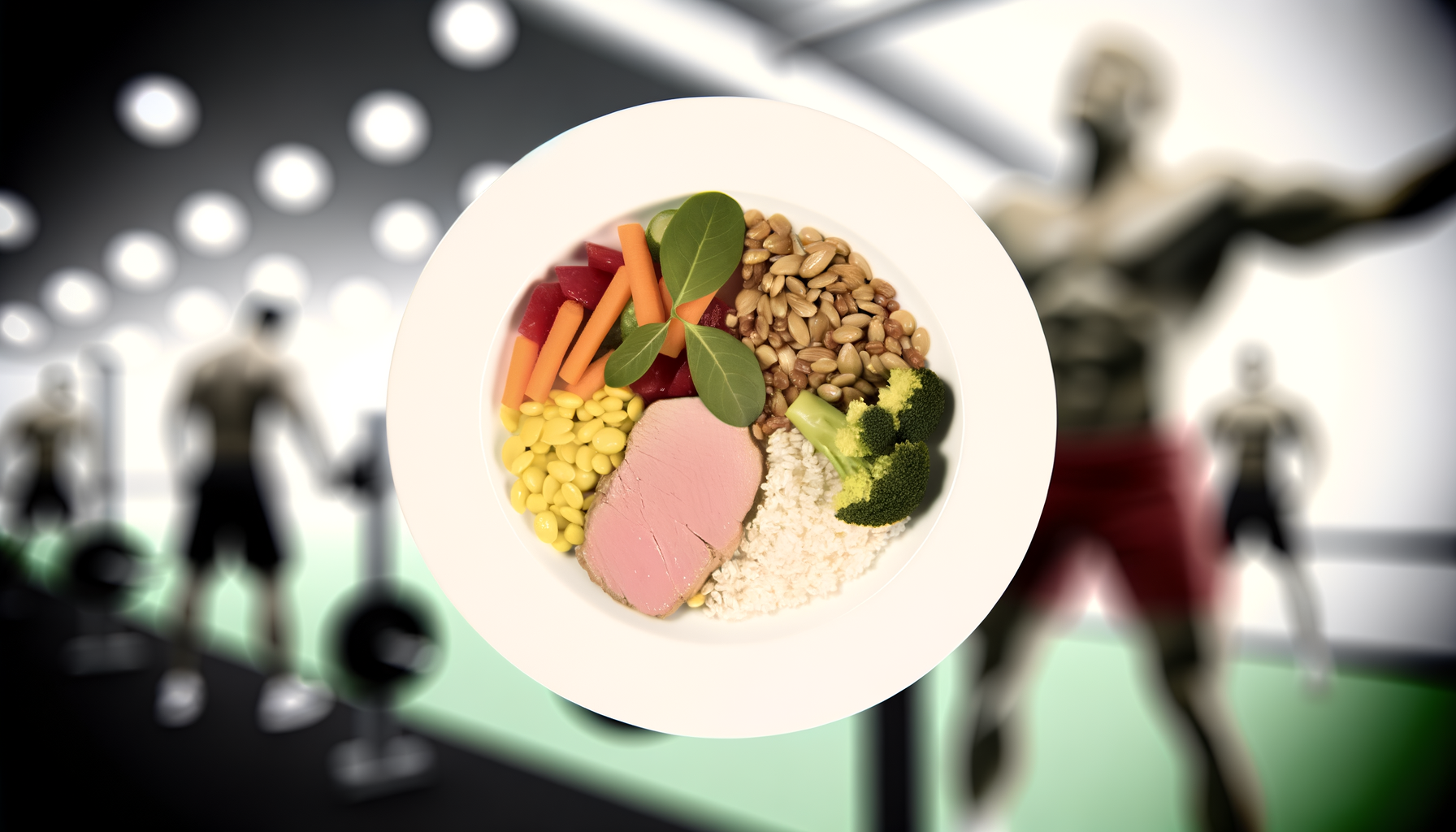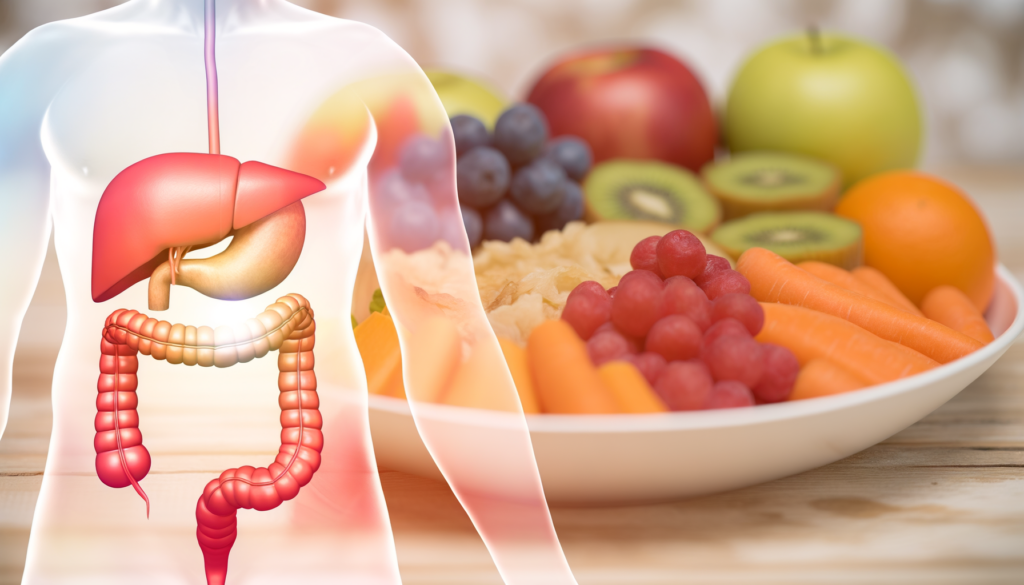The Critical Role of Nutrition in TBI Recovery
When it comes to recovering from a traumatic brain injury (TBI), the focus often lies on medical treatments and physical therapies. However, recent research highlights the pivotal role that nutrition plays in supporting brain health and facilitating the healing process.
Understanding the Nutritional Needs of TBI Patients
After a TBI, the brain’s energy demands increase significantly. Ensuring adequate calorie intake is crucial for supporting the brain’s healing process. A study presented at the American Physiology Summit emphasized that getting enough calories in the days following a TBI can boost the brain’s healing capabilities.
Caloric Intake and Protein Synthesis
Research conducted by investigators at the University of California, Berkeley, using a rat model of TBI, showed that undernutrition can decrease protein synthesis in the brain, thereby slowing the healing process. Conversely, adequate nutrition enables the brain to synthesize proteins that heal all brain regions evenly. This study underscores the importance of monitoring calorie intake and using metrics like fractional gluconeogenesis to ensure patients are receiving sufficient calories.
The Mediterranean Diet: A Promising Approach
One of the most recommended dietary patterns for TBI patients is the Mediterranean diet. This diet is rich in fruits, vegetables, whole grains, legumes, nuts, fish, and olive oil, with moderate consumption of lean meat and dairy products. The Mediterranean diet has been shown to be highly beneficial for brain health due to its high content of omega-3 fatty acids, antioxidants, and other nutrients.
Key Components of the Mediterranean Diet
- Fruits and Vegetables: These are rich in antioxidants and polyphenols. For example, blueberries and pomegranates are particularly beneficial for cognitive functions due to their high antioxidant content.
- Fish and Omega-3s: Fatty fish like salmon and sardines are excellent sources of omega-3 fatty acids, which are crucial for brain health. For those who cannot consume seafood, supplements containing DHA from microalgae are recommended.
- Whole Grains and Legumes: These provide sustained energy and essential nutrients.
- Nuts and Olive Oil: Rich in healthy fats and antioxidants.
Individualized Nutrition Plans
While the Mediterranean diet is highly recommended, it is important to tailor nutritional plans to individual needs. Each patient’s nutritional requirements can vary based on the severity of the TBI, overall health, and specific dietary preferences or restrictions.
Avoiding Harmful Foods
- Alcohol: Known to hinder brain recovery.
- Sugary Drinks and Fried Foods: High in empty calories and detrimental to overall health.
- Red Meat and High-Fat Dairy: Should be consumed in moderation.
- Baked Goods: High in sugar and unhealthy fats.
Brain-Gut Interaction and Microbiome Health
The brain-gut axis plays a significant role in brain health. Incorporating fermented foods like yogurt, kimchi, and sauerkraut can help promote a diverse gut microbiota. Prebiotic foods such as onions and bananas also support gut health by providing fiber that feeds beneficial bacteria.
Regular Eating Schedule
Maintaining a regular eating schedule is vital for TBI patients. Eating every four to five hours helps ensure consistent energy levels and supports the brain’s healing process. This is particularly important for athletes or individuals whose eating schedules may have been disrupted due to their injury.
Practical Implementation
To effectively manage calories and ensure proper nutrition, tools like the Calorie Calculator Cloud can be invaluable. This tool helps in calculating the exact caloric needs based on individual factors such as age, weight, activity level, and specific dietary requirements.
Case Studies and Real-World Examples
In clinical practice, dietitians often work closely with TBI patients to implement personalized nutrition plans. For instance, Natalie Gavi, a neurology dietician with the UCLA Steve Tisch BrainSPORT Program, emphasizes the importance of a Mediterranean dietary pattern and regular eating schedules for her patients recovering from TBI.
Conclusion and Next Steps
Nutrition is a critical component of TBI recovery, and understanding the specific nutritional needs of patients can significantly impact their healing process. By adopting a Mediterranean diet, avoiding harmful foods, maintaining a healthy gut microbiome, and ensuring adequate calorie intake, individuals can support their brain health and speed up their recovery.
For those looking to implement these strategies, it is essential to consult with healthcare professionals and use tools like the Calorie Calculator Plans to tailor their nutritional approach. By combining medical treatment with a well-planned nutritional strategy, TBI patients can optimize their recovery and improve their overall neurological health.
In the journey towards recovery, every aspect of care counts, and nutrition stands as a cornerstone that can make a significant difference in the healing process.








